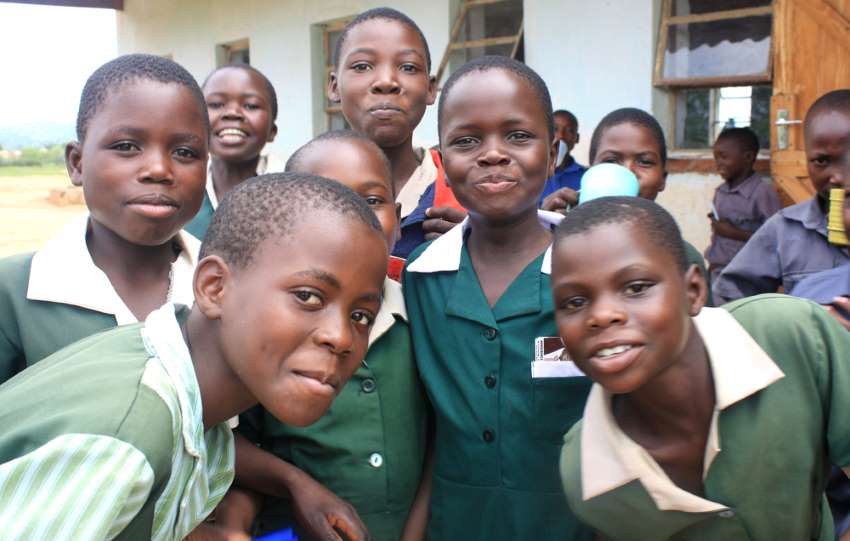Working with rural women in Zimbabwe has been a fulfilling experience for me as I get to interact and appreciate their role and contribution to the household economy.
According to UN Women, women make enormous contributions to economies, whether in business, on farms, as entrepreneurs or employees including unpaid care work at home.
However, women still lag behind as they dominate in less-paying jobs such as informal trading and in part-time agriculture sector where they have limited access to social protection.
Nearly 90% of women are represented in the informal sector with over 66% low-wage agriculture food systems in sub-Saharan Africa.
As we are in the women’s history month, I just reflected on the theme for this year’s International Women’s Day which is: “Invest in Women: Accelerate Progress” and thought to myself what it really means to invest in marginalised women who also want to break free from the cycles of poverty and the myriad of vulnerabilities that come with it. The campaign theme for the year, “Inspire Inclusion” really calls for various actors to ensure that whatever investment we make supports inclusive economic growth.
According to UN Women, women empowerment means ensuring women can equally participate in and benefit from decent work and social protection; access markets and have control over resources, their time, lives and bodies; and have increased voice, agency and meaningful participation in economic decision making at all levels from the household to institutional level.
Having seen how women are contributing to the agriculture sector as they constitute 61% of farmers in communal lands and provide most of the labour (70%) in communal and small-scale farming communities, got me thinking on how best we can support and invest more in women’s economic empowerment through access to locally available resources.
Women’s livelihoods are affected by the impacts of climate change as they depend on rain-fed thus leading to accelerated food insecurity problem and impoverishment. Adaptation through wild collection value chain is slowly growing to be a sustainable economic empowerment alternative in the face of climate change.
Such initiatives are key in ensuring that women benefit in their local communities from the local resources that they interact with on a daily basis. Through training in sustainable harvesting, organic standards and traceability, wild collectors have been able to penetrate the global market which is a huge plus for women not only in agriculture but for women’s empowerment more broadly. Producers have been linked to existing export markets globally and are earning a living through trade in organically produced wild products and herbs.
Such positive stories are really important for women more broadly who are also looking into more sustainable and self-driven empowerment projects.
This therefore calls for Government to think about what investing in rural women really looks like by having more women as active players in economic development and trade. It is also important to assess viability of any investment from a woman’s perspective through the use of UN standards (Women Economic Empowerment Index).
This will enable Governments and development partners to evaluate the extent to which businesses and investment projects are contributing to women’s empowerment.
There is need for funders and project designers to invest more in projects that are driven by women based on their passions and locally available resources they can connect with given the growing need to adapt to climate change and build resilience.
Collaborations with the private sector in the agriculture sector is important for value addition and linkages to the export market. It is high time we reflect on what investing in rural women for economic empowerment really looks like as we celebrate the women’s history month.













